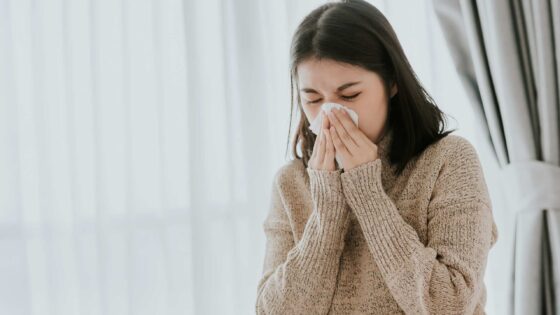
Allergies and sinus problems can be a nuisance and often keep us from enjoying our day-to-day activities. There may be some obvious causes like pollen, dust, or pet dander, but sometimes the sources can be unsuspecting.
In this article, we will discuss some of the common yet surprising causes of allergies and sinus problems.
What Are Allergies?
Allergies are a frustrating and often misunderstood ailment that can drastically impact one’s quality of life. Simply put, allergies occur when the immune system overreacts to a normally harmless substance, such as pollen or pet dander, and produces an excessive amount of histamines. These histamines then trigger symptoms ranging from sneezing and itching to more severe reactions like anaphylaxis. Unfortunately, allergies can be difficult to manage and can greatly limit one’s ability to go about their daily lives without fear of experiencing an allergic reaction. While there is no cure for allergies, there are treatments available that can help alleviate symptoms and allow allergy sufferers to lead a more comfortable life.
Indoor Air Pollution –
Indoor air pollution can be a major cause of allergies and sinus problems. Common pollutants such as mold, pet hairs, dust, cigarette smoke, and volatile organic compounds (VOCs) can contribute to sinus congestion, headaches, and other allergies. Proper ventilation and air filtration can help reduce air pollution in your house or office.
Stress –
Prolonged exposure to stress can also lead to allergies and sinus problems. Stress suppresses the immune system, making you more vulnerable to infections and allergic reactions. To reduce stress, consider meditation, breathing exercises, or practicing yoga.
Food Additives and Preservatives –
Many food additives and preservatives can trigger allergic reactions. Chemicals such as sulfites, MSG, and artificial sweeteners can cause sinus congestion, headaches, and breathing difficulties. Avoiding processed foods and sticking to fresh produce can help alleviate these symptoms.
Alcohol –
Alcohol can also contribute to allergies and sinus problems. Alcohol can increase histamine production and lead to inflammation, making allergy symptoms worse. If you have sinus problems or allergies, it is best to limit alcohol intake or avoid it entirely.
Weather Changes –
Weather changes, especially during the transition from warm weather to cold weather, can cause sinus congestion and headaches. The sudden drop in temperature can cause inflammation in the nasal passage, leading to allergies and sinus problems. To reduce the impact of weather changes, make use of nasal sprays and humidifiers.
Conclusion:
Allergies and sinus problems can be caused by several factors, some of which may not be so obvious. Identification of these causes is essential to treating and effectively minimizing these issues. By limiting exposure to pollutants, reducing stress levels, avoiding processed foods, and limiting alcohol intake, we can significantly reduce the occurrence of allergies and sinus problems in our daily lives. Maintaining good air quality, good eating habits, and encouraging an overall healthy lifestyle will make a big difference in our daily well-being. For more health-related articles, visit www.FamilyFirstUrgentCareConroe.com.
- Urgent Care Myths Debunked: What You Really Need to Know - November 21, 2024
- Behind the Scenes: A Day in the Life of an Urgent Care Professional - November 7, 2024
- When to Choose Urgent Care Over the ER: A Quick Guide - October 23, 2024



